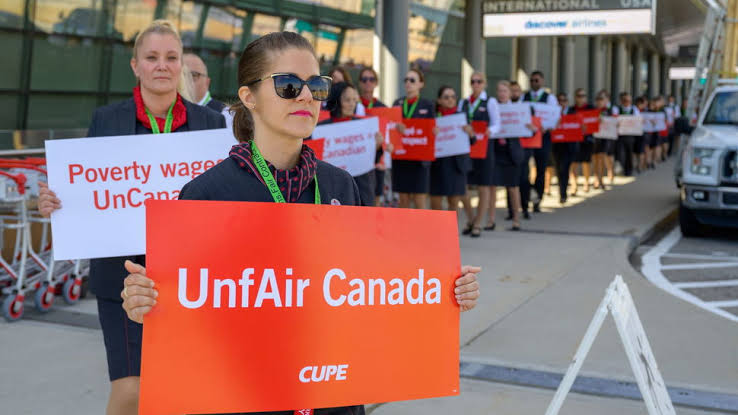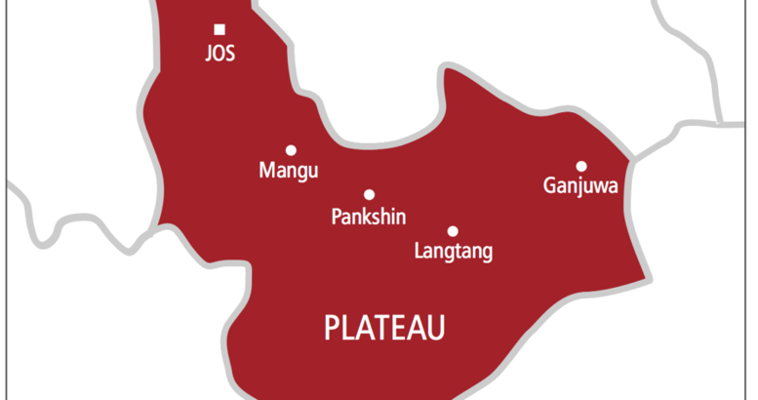Flight Attendants Strike Grounds Air Canada Operations

Air Canada has suspended all operations due to a strike by its 10,000 flight attendants, represented by the Canadian Union of Public Employees (CUPE).
The strike, which began at 12:58 a.m. on Saturday, has forced the airline to cancel its entire schedule of 700 flights for the day, affecting thousands of passengers.
The strike is a result of a long-standing dispute between Air Canada and CUPE over unpaid ground duties, such as assisting passengers during boarding. While it’s common practice globally to pay flight attendants only for time spent in the air, CUPE has built a strong campaign around this issue, highlighting the value flight attendants bring to passengers during ground interactions.
The strike comes at a critical time for Canada’s economy, which is already facing pressure from U.S. tariffs affecting key industries like auto, aluminum, and steel. The Business Council of Canada warned that an Air Canada shutdown could exacerbate the strain on the country’s economic supply chains, causing “immediate and extensive harm to all Canadians.”
Rafael Gomez, head of the University of Toronto’s Center for Industrial Relations, believes the strike won’t last long due to the significant revenue loss Air Canada will incur during peak travel season.
“The airline doesn’t want to lose hundreds of millions of dollars in revenue,” Gomez said, suggesting that both parties are engaged in a standoff.
Air Canada has advised affected customers not to go to the airport, expressing regret over the impact the strike is having on passengers. The airline had already canceled 623 flights by Friday evening, affecting over 100,000 passengers.
CUPE rejected Air Canada’s latest offer, describing it as “below inflation and below market value.” The union has also declined requests to send the dispute to independent arbitration. Under the proposed contract, senior flight attendants would earn an average of CAN$87,000 ($65,000) by 2027.








